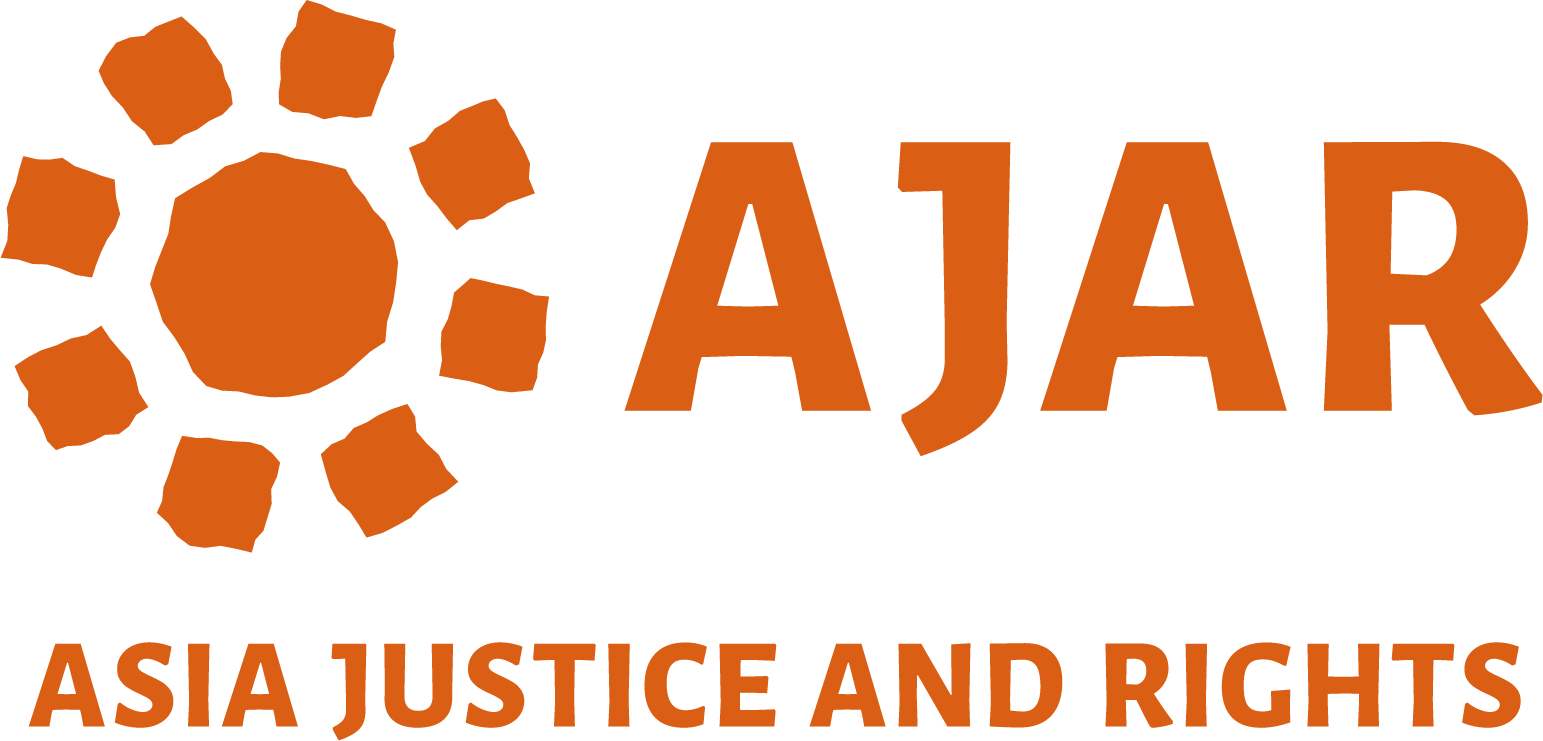Post-conflict societies are characterised by an absence of the rule of law, past and present gross human rights violations, impunity, and economic devastation and decay. Often, the judicial system has become so compromised that the system and its supporting services need to be reformed or even rebuilt in order to support prosecutions, truth-seeking, and reparations. Judicial reform may include vetting judicial personnel, strengthening judicial independence, building judicial capacity, and establishing ongoing judicial training.
Reforms that focus on the role and treatment of judicial personnel may include:
- Recruiting on the basis of merit and objective criteria.
- Providing the security of tenure.
- Offering adequate remuneration and predictable conditions of retirement.
- Subjecting personnel to transparent, fair procedures and proportionate sanctions, promotions, dismissals, and transfers.
- Providing guarantees of physical safety.
Other reforms that may be needed to strengthen the judiciary as an independent organ of the government may include:
- Enshrining the separation of powers in the constitution.
- Appointing judges and magistrates on the basis of competence and independence, not political affiliation.
- Providing the judiciary with sufficient resources, and budgetary and administrative autonomy.
- Ensuring that cases are assigned on the basis of objective criteria.
- Respecting and enforcing the decisions of courts, even when they are contrary to the interests of the government.
